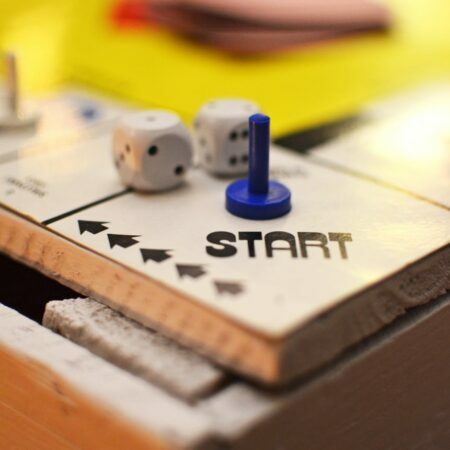Many people consider animals family. Dogs and cats were first domesticated thousands of years ago, and today, popular pets include ferrets, turtles, birds, hamsters, and rabbits. Some people even opt to have pet pigs or goats.
Two-thirds of all households in the United States have pets. While many people choose to own pets, there are still things we’re learning about pets and how to provide for their needs. Pet owners know their pets need food, water, and suitable accommodations, but they may wonder about their mental health. Can pets have mental health issues? Let’s look at some common mental health issues in animals and how pet owners can support their pets’ mental health needs.
Obsessive Compulsive Disorder (OCD)

Animals have emotions and suffer from some of the same psychological health issues that affect people. Dogs, cats, horses, pigs, and birds may have OCD. Symptoms include licking excessively or chasing shadows. Birds with OCD may pull their feathers out. OCD develops as a coping mechanism, with animals engaging in obsessive or unsafe behavior to prevent anxiety or deal with stress. For some animals, boredom or confinement triggers OCD.
One way to prevent OCD is to prevent your pets from being bored. This could involve regular exercise for dogs, horses, and pigs. Going for regular walks and teaching your pets tricks can provide the physical and mental stimulation required to prevent or manage OCD.
Provide your pets with toys and items they find entertaining or constructive. Buying a cardboard cat condo is an excellent option for cat owners. Cat condos are made from recyclable cardboard, allowing you to help your cat and the environment simultaneously. Cats love cardboard boxes, and cat houses made from cardboard provide them with a comfortable playhouse. The side of the box has holes, allowing cats to reach out with their paws, allowing you to play with your cat when they’re inside the box. The cardboard serves as a scratch pad, allowing cats a safe place to scratch without ruining their furnishings. Rotate between cat condos, cat mansions, kitty pirate houses, and other condo designs. You can also supplement a new cat condo with a scratch post and cat feeder, which provides mental stimulation for your feline.
Post-Traumatic Stress Disorder (PTSD)

PTSD is a mental health condition stemming from trauma. Any traumatic event, such as getting lost or being abandoned, can lead to PTSD. Abuse, stressful situations, and negative associations with certain noises or objects can also cause PTSD.
People use various treatments for PTSD, including somatic therapy. A somatic therapist doesn’t just rely on psychotherapy. Patients benefit from alternative treatments, such as meditation, visualization, and creative arts. Using energy healing practices helps patients manage their emotions and eliminate toxic patterns that trigger stress and anxiety.
Somatic therapy’s effectiveness for people suggests animals could also benefit from therapy. Interrupting negative triggers and emphasizing positive responses can help pets avoid anxiety. Suppose your dog’s afraid of thunder. You could use music therapy to redirect their energy during a storm and reduce their anxiety.
Separation Anxiety

If you’re a parent, there’s a good chance you’ve gone through separation anxiety issues with your child. They cry when you try to drop them off at daycare or school or call in the middle of the night to come home from a sleepover.
Many animals also suffer from separation anxiety. Some animals become destructive and rip up cushions, curtains, or other items. Separation anxiety can also trigger barking, howling, mewling, and other vocal sounds. It can also cause pets to try to escape from your home.
Some owners find using rewards during separation helps condition their pets to view separation positively. Others use visual and auditory cues to prepare their pets for their departure.
Animals can have mental health issues. Common psychological issues in animals include OCD, PTSD, and separation anxiety.









